How to Become an Accredited Investor
How to Become an Accredited Investor, Photo by Towfiqu barbhuiya
Real estate syndications are recognized as powerful vehicles for building wealth in a stable manner. They are the ideal vehicle for passive commercial real estate investing. In this context, syndications typically fall under one of two SEC categories: 506(b) and 506(c). In this article, we will cover each category and its association with the term "Accredited Investor" in the context of passive commercial real estate investing.
How to Become an Accredited Investor in Commercial Real Estate
Engaging in a real estate syndication positions you as a passive investor. Technically, your investment is classified as a security, and the issuance of securities is subject to SEC regulations. Security issuers have two paths to choose from. First, they can go public through an IPO, which involves significant legal expenses. Alternatively, they can qualify for an exemption, a route often taken by private placements such as the offerings presented by Turbine Capital.
The SEC exceptions of 506(b) and 506(c) hold significance in the realm of real estate syndications. 506(b), in existence since the Securities Act of 1933, does not mandate accredited investor status for investors. However, it does require a "pre-existing relationship" with investors before providing them access to the deal. The SEC's interpretation of this requirement is fairly lenient, often satisfied by a brief introductory conversation.
Historically, 506(b) led to private placements largely being confined to a select group, often referred to as "country club deals," where access to potential opportunities was restricted to individuals closely associated with the deal makers.
The landscape shifted with the introduction of 506(c) through the Jumpstart Our Business Startups (JOBS) Act in 2012, signed into law by President Barack Obama. Notably, 506(c) permits "general solicitation," provided all investors in the deal meet SEC-defined accredited investor criteria and are verified by a third party.
How to get Accredited Investor Status
You qualify as an accredited investor if any of the following criteria apply:
Individual income exceeding $200,000 in each of the past two years.
Combined income with a partner exceeding $300,000 in each of the past two years.
Net worth surpassing $1 million, exclusive of primary residence (individually or with a partner).
Should you meet any of the above three criteria, you are qualify as an accredited investor.
Benefits of Being an Accredited Investor
Once your accredited investor status is verified, you are free to enjoy the biggest benefit, the ability to invest in commercial real estate syndication deals. For instance, unless otherwise noted, all commercial real estate investments offered by Turbine Capital are limited to accredited investors only.
If you qualify as an accredited investor, we strongly encourage you to register for Turbine Capital's Investor Portal. Registration is complimentary and grants access to our deal room. All future investment opportunities will be presented to our registered accredited investors first.
If accredited investor status is not currently met, there is no cause for concern. We invite you to join our Investor Club to stay abreast of all matters pertaining to commercial real estate. Once one of the three SEC thresholds is satisfied, we invite you to engage with the investor portal to initiate investments.
Turbine Capital specializes in commercial real estate syndication deals for pilots and other high-income w2 professionals. If you’d like to learn more about commercial real estate investing, please join our investor club.

